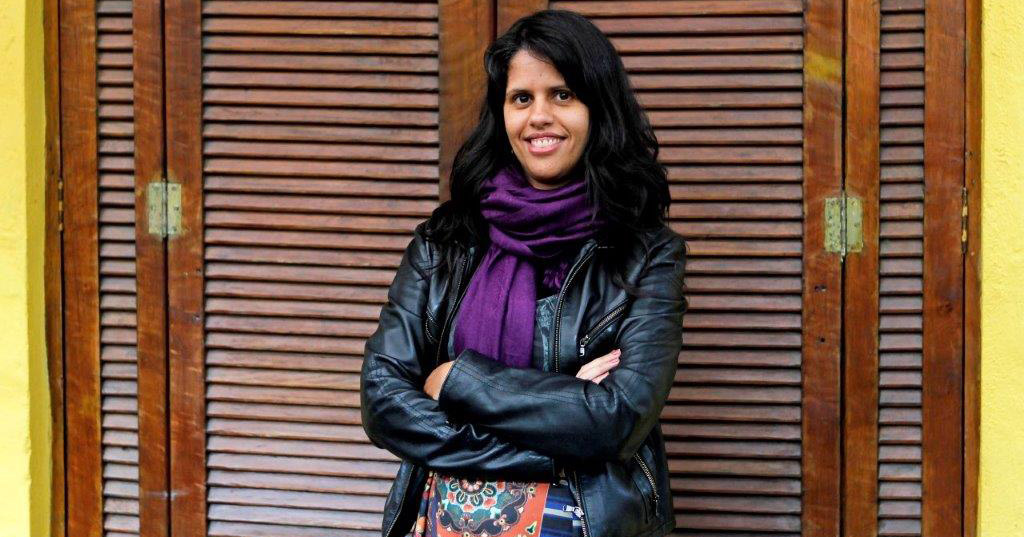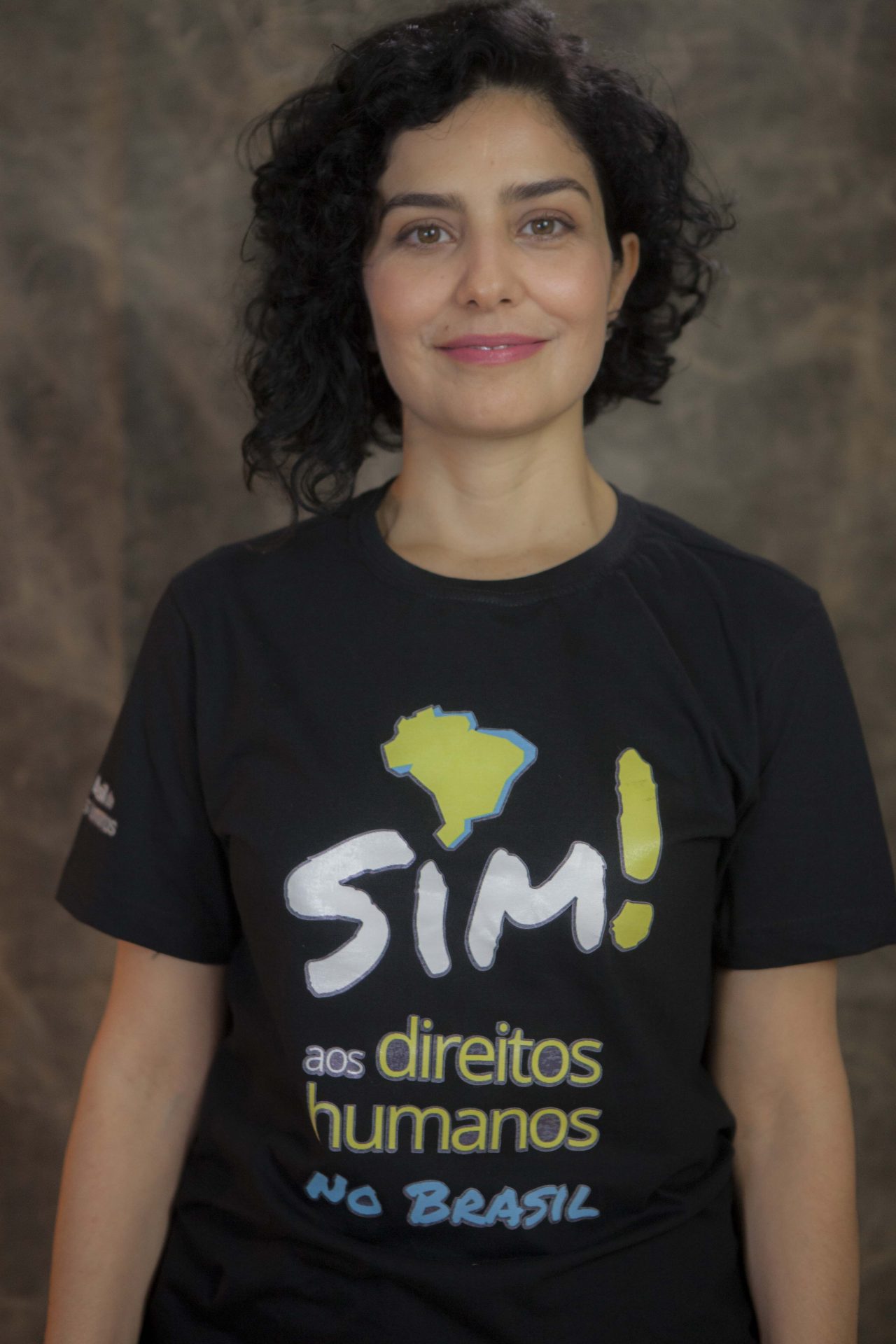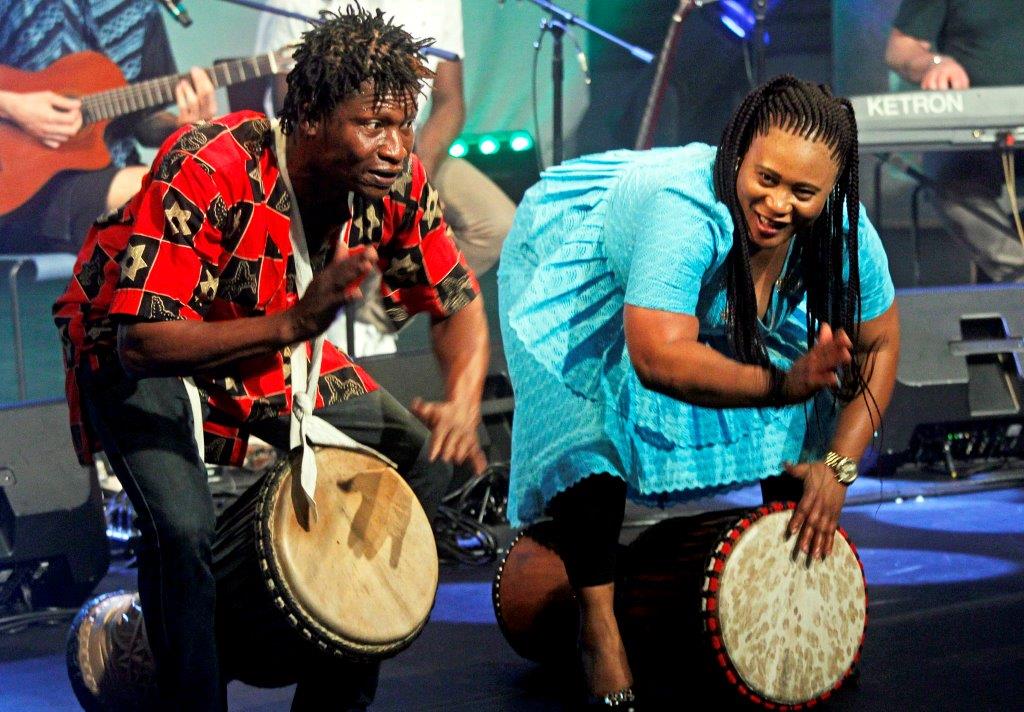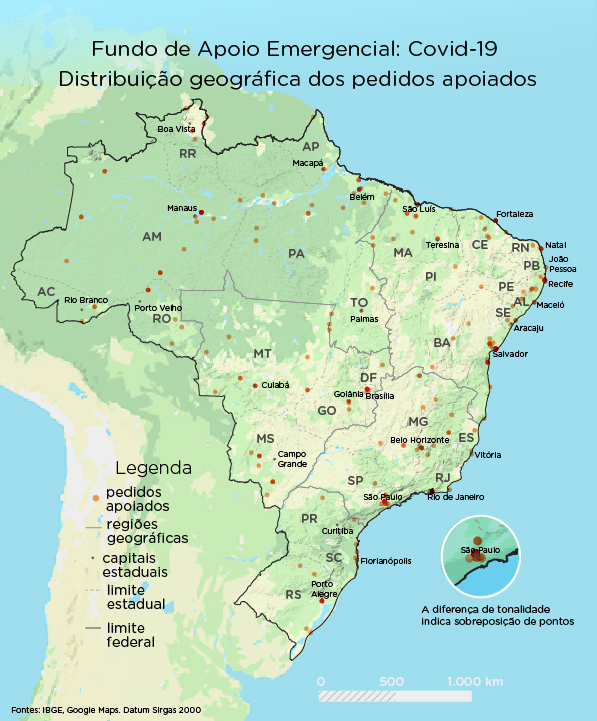
By Maíra Junqueira, Deputy Executive Director at Brazil Human Rights Fund
*This article was originally published on the Human Rights Funders Network
Data from the Advancing Human Rights initiative gives us at Brazil Human Rights Fund a better understanding of where Brazil is situated in the context of global human rights philanthropy. This knowledge helps us to be more strategic in what concerns our work as we consider how to best support civil society organizations and develop domestic philanthropy to promote human rights in Brazil.
What Do the Data Say?
According to the data, only 5% of global philanthropic funding is destined to human rights-related work. We were immediately struck by what this says about the lack of importance many funders attribute to using a human rights lens, and were curious to see where the limited human rights funding is headed in our region. For example, what share of the funding does Brazil receive from the big Latin America funders and which populations and strategies are funders prioritizing?
The Advancing Human Rights data show that between 2011 and 2015, funding for Latin America and Mexico decreased by 12%. Of the eight population groups tracked in the research, the two receiving the largest share of the resources were women and girls and indigenous people, followed by children and youth. When we look deeper into the data, we can see that only 55 of the 284 funders who donated to Latin America in 2015 funded work to benefit Brazil.
To get a more complete picture of the funding landscape in Brazil we must also consider the local grantmakers. The GIFE CENSUS[1] is a report that measures Brazil’s domestic social investments. Of the 116 Brazilian corporations and foundations that took part in the 2016 GIFE Census, 43% said they prioritized human rights as an issue, which on the surface is encouraging. Yet, when asked about their population priorities, only 4% said they focused on women and girls and 2% focused on Black or Indigenous peoples – which means they are failing to address the structural issues at the root of human rights violations. Meanwhile, funding from Brazil’s domestic funders dropped by 36% between 2014 and 2016, which depletes the pool of funding potentially available to address human rights concerns. Given this environment, many human rights concerns in Brazil are going unaddressed.
What Do the Data Mean for Our Work?
In many ways, the data raise more questions than they answer. Where should Brazil stand in this philanthropy universe? Clearly, the country is not a priority in the field of international philanthropy, and domestic investors also seem to be backpedaling. Yet, we see firsthand that there is still significant need in Brazil for philanthropy that supports Brazilian civil society in its struggle to promote and protect human rights.
Brazil is one of the most unequal countries in the world. According to a recent Oxfam report, the earnings of the richest five percent of the population in Brazil equal the earnings of the remaining 95%. The economic growth Brazil has experienced in the last 15 years has failed to end the human rights violations a large part of the population faces – especially women, black people, and indigenous people – who historically have had no real access to what the Constitution itself establishes as fundamental rights. Serious violations of human rights persist based on structural causes and stemming from a long history of social, racial, and gender discrimination. Despite the data showing that international funders have prioritized support for women and girls and indigenous peoples in the region, there is still tremendous need among both populations in Brazil; we see groups on the ground that are struggling to sustain their activities.
Brazilian civil society needs continued international donor funding to defend human rights and guarantee an efficient transition to a future moment when the country will be finally able to count on sustainable resources. Brazil has a well-established community of activists who have always faced inequality and are committed to building a more just and democratic country. Historically, these activists and their organizations received support from international funders, which strengthened Brazil’s civil society. However, changes in Brazil and in the world over the last 20 years have led many international foundations to redirect their resources to other countries and regions. This has resulted in concerning gaps that Brazil’s domestic funders are not yet ready or able to fill.
International funders have an ongoing role to play in strengthening Brazil’s civil society – including its funders. The Brazil Fund is part of a network of domestic funders who fund with a human rights lens. International funders can support this effort by showing more domestic funders why things like capacity building and project support for local NGOs is so important, and encouraging them to engage beyond their narrow funding focuses and consider human rights in their approach. Moving forward, we believe a critical strategy for Brazilian civil society is coalition building and collaboration to strengthen connections and collective work. We must create opportunities for dialogue and establish a collective political project to drive forward real change. Collaborating for the reorganization of the progressive field is one of the central tasks of the present moment.
One of the greatest challenges for human rights today is to demonstrate its unique ability to reconcile the promotion of diversity with the protection of dignity, broadening its audience in generational terms and in relation to sectors that have been alienated from this discourse.[2] Oscar Vilhena, one of the first directors of the Brazil Fund, explains that in Brazil we are not engulfed by the raging tide that denies the centrality of human rights, as is happening in other places in the world. Proof of this is the new generation of activists in Brazil who are mobilizing around various social causes, going to the streets in demonstrations, and creating strategies in social media to counter the base that supports the conservative agenda.[3]
The challenge we face in Brazil today is to create sustainable ways for our robust civil society to continue its critical work and show the Brazilian people and the world its political relevance. Acknowledging this reality is central for those who work in philanthropy. As we note from the research, just like society in general, Brazilian philanthropy hasn’t realized how important civil society is to the development of a democratic country. As a result, it does not offer enough support to those actors in their strategic efforts. This is why international human rights philanthropy remains critical to Brazil as we work to change this perception. Philanthropy everywhere must realize that there are no better actors than civil society activists and organizations to promote social justice and protect human rights.
[1] The Group of Institutes, Foundations, and Enterprises (GIFE) is an association of Brazilian social investors.
[2] Oscar Vilhena, director of FGV Law School/SP, in the article “In hostile times, the human rights challenge is to increase its audience”, published in Folha de S.Paulo on December 10, 2016.
[3] Oscar Vilhena, director of FGV Law School/SP, in the article “In hostile times, the human rights challenge is to increase its audience”, published in Folha de S.Paulo on December 10, 2016.

























